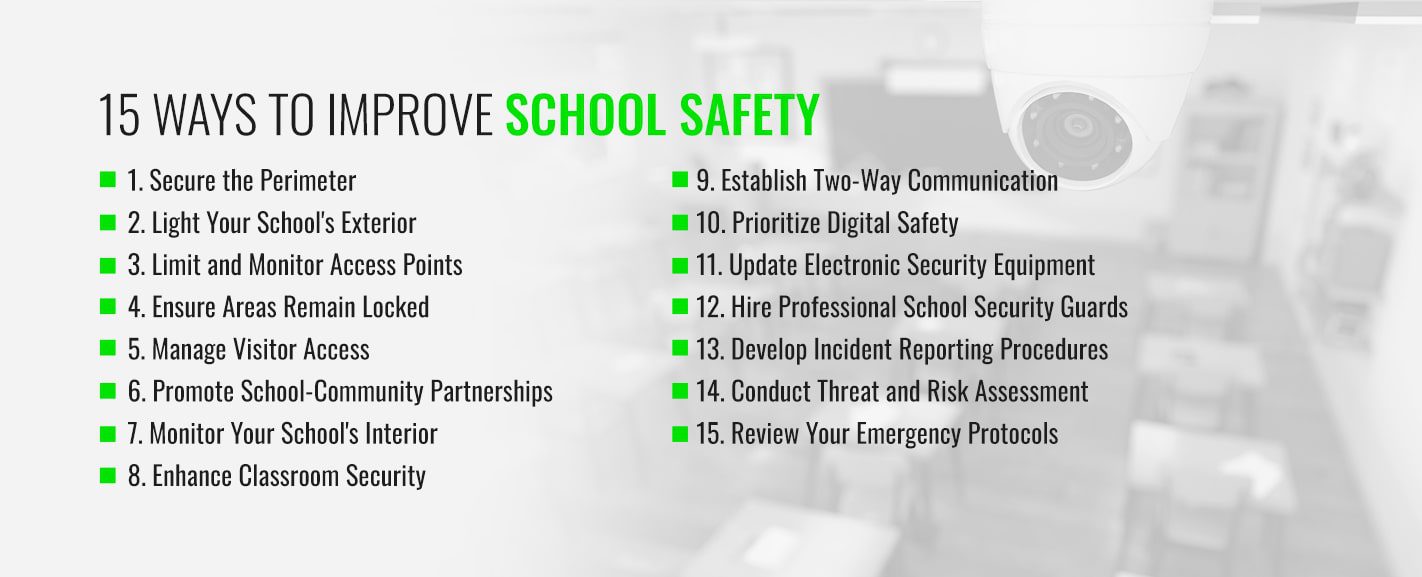Living in a high crime area can be challenging, but there are ways to stay safe. This article provides ten strategies to help you stay safe in high crime areas. These strategies include being aware of your surroundings, staying alert at night, avoiding flashy accessories, using common sense, staying in well-lit areas, carrying a whistle or personal alarm, staying connected with friends and family, learning self-defense techniques, using public transportation or taxis, and getting involved in community safety programs. By following these strategies, you can reduce your risk and feel more confident and secure in any environment.
10 Strategies for Staying Safe in High Crime Areas
Living in a high crime area can be challenging and unnerving, but there are strategies that can help you stay safe. Here are ten tips for staying safe in high crime areas:
1. Be Aware of Your Surroundings
The first step to staying safe in any situation is to be aware of your surroundings. This helps you to identify potential threats and avoid dangerous areas. Always keep an eye out for suspicious activity or people and trust your instincts.
2. Stay Alert at Night
Nighttime can be a particularly dangerous time in high crime areas. When walking or driving at night, stay alert and stick to well-lit areas. Avoid walking or driving alone and always let someone know your whereabouts.
3. Avoid Flashy Jewelry or Accessories
Wearing flashy jewelry or carrying expensive accessories can make you a target for theft or robbery. Avoid drawing attention to yourself in this way and keep valuable items out of sight.
4. Use Common Sense
Many crimes in high crime areas are opportunistic. They occur because of a lapse in judgment, such as leaving a car unlocked or walking into a dangerous area alone. Use common sense to avoid such situations and reduce your risk of becoming a victim.
5. Stay in Well-Lit Areas
Dark and deserted areas are more prone to criminal activity, so stay in well-lit areas where there are more people around. Avoid shortcuts that take you through poorly lit areas, even if they save time.
6. Carry a Whistle or Personal Alarm
Carrying a whistle or personal alarm can deter attackers and alert others in the area that you are in trouble. These tools are particularly useful if you are out alone and need to attract attention quickly.
7. Stay Connected with Friends and Family
Having a support network of friends and family can help you feel safer in a high crime area. They can offer a ride home or check in on you if you are out alone. Make sure they know where you are and when you expect to be back.
8. Learn Self-Defense Techniques
Taking self-defense classes can help you feel more confident and prepared to protect yourself if necessary. However, it is important to remember that physical self-defense may not always be the best option, and your safety is always the most important consideration.
9. Use Public Transportation or Taxis
If possible, use public transportation or taxis to get around in high crime areas. This reduces the risk of being targeted while walking or driving alone. Make sure you know the route and destination before getting into a taxi.
10. Get Involved in Community Safety Programs
Getting involved in community safety programs can help you learn more about the risks and challenges of living in a high crime area. It also provides an opportunity to work with others to make your community safer and more secure.
In summary, staying safe in a high crime area requires awareness, common sense, and the ability to make smart decisions. By following these ten strategies, you can reduce your risk and feel more confident and secure in any environment.
